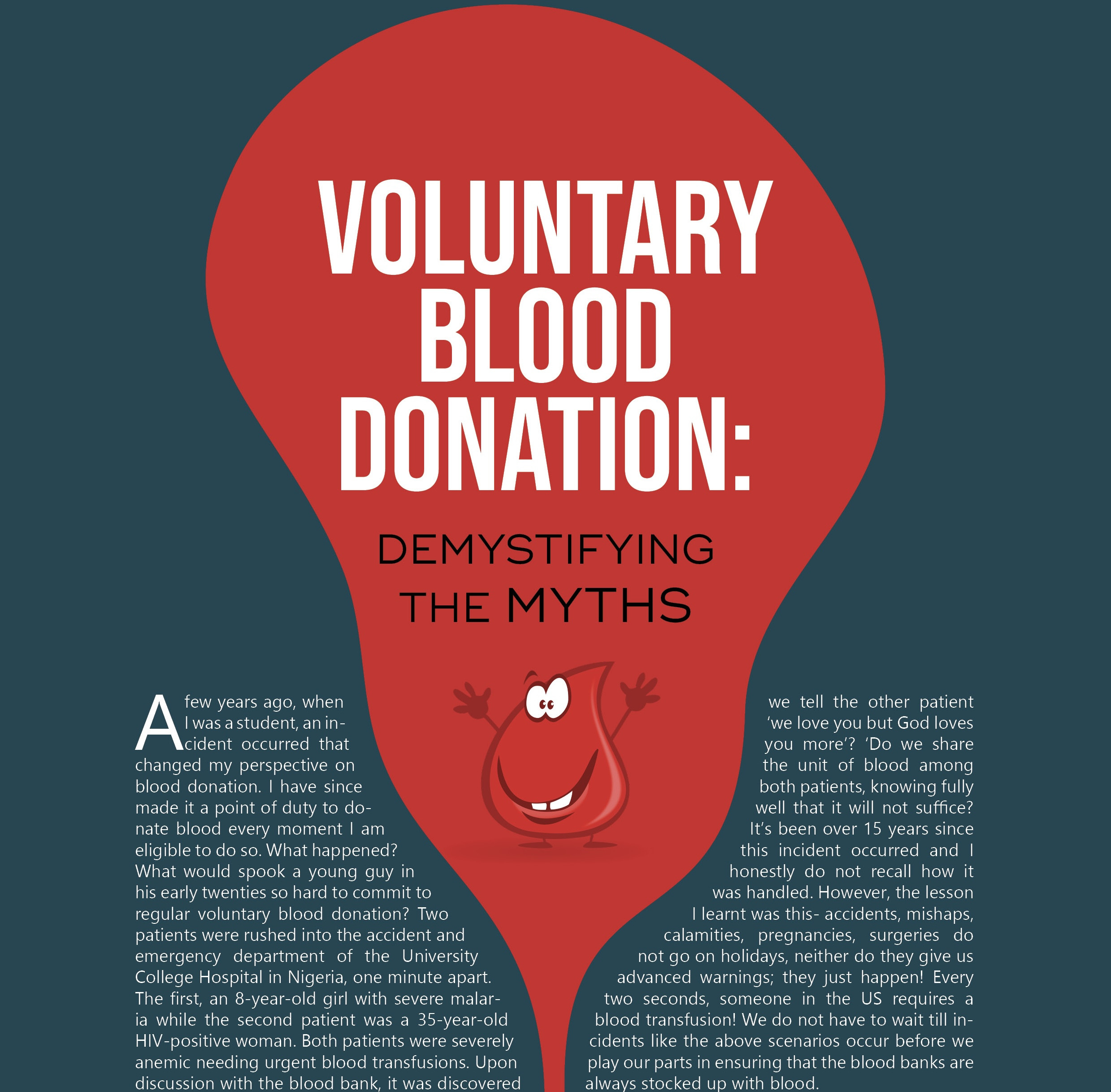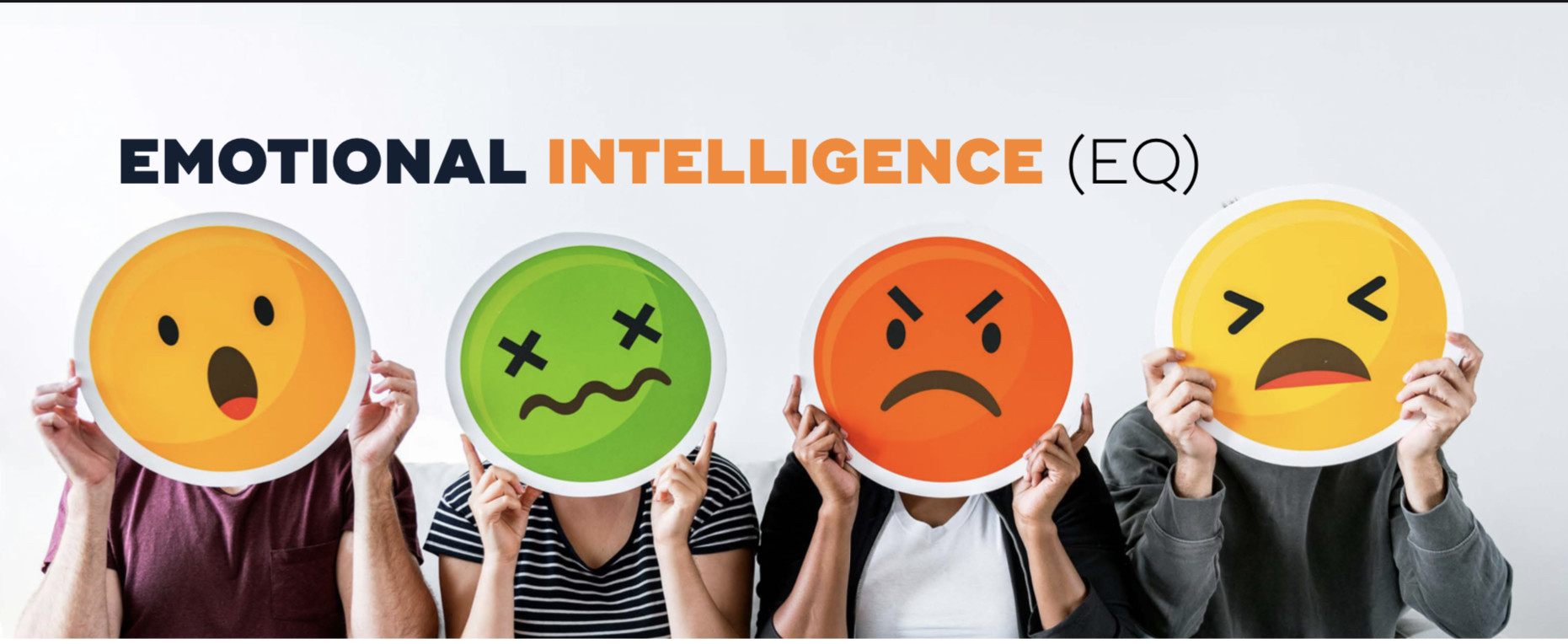Recent years have seen a surge of research into the biology of personality and emotion. These studies clearly indicate that some of human intelligence and personality is determined by genetics. But this raises two questions: Whatcan you change about your- self? And, why do some intelligent people strug- gle in life, while seemingly lessintelligent people prosper? The answers reside within a set of abil- ities called Emotional Intelligence (EQ). It is im-portant to know that when it comes to success in life, EQ matters just as much as intelligence quotient (IQ). We all need to learn how we can boost our emotional intelligence, build stronger relationships, and achieve our goalsin life.
Emotional intelligence (also known as emotional quotient or EQ) can best be described as the ability to monitor one’s emotions and that of others, to discriminate between different emo- tions and label them appropriately, and to use emotional information to guide thinking and behavior. It is the ability to understand, use, and manage emotions in positive ways to relieve stress, communicate effectively,empathize with others, and overcome challenges. Emotional intelligence helps you build stronger networks, perform well at school, work, and achieve your career and personal goals.
WHY IS EMOTIONAL INTELLIGENCE SO IMPORTANT?
Various research has shown that Intelligence quotient (IQ) contributes only 20-25% to an in- dividual’s success in life. The rest is the result of emotional intelligence, including factors such as the ability to motivate yourself, persistence, impulse control, mood regulation, empathy and hope. IQ and emotional intelligence are not opposing competencies, but they do work separately.
A person can be intellectually brilliant but emo- tionally unskilled, you probably know people who are academically brilliant and yet are socially inept making them unsuccessful at work, busi- ness or in their personal relationships. Intellec- tual ability oryour intelligence quotient (IQ) isn’t enough alone to achieve success in life. Yes, your IQ gets you into college, a desired career field or business but it’s your EQ that enables you to manage stress and emotions, deal with people of different characters and navigate life in general.
COMPONENTS OF EMOTIONAL INTELLIGENCE
Yale psychologist Peter Salovey analyzed emotional intelligence in five parts:
• Self-awareness
• Managing emotions
• Motivation
• Empathy
• Handling relationships
KNOWING YOUR EMOTIONS
Feelings are often hidden. Emotional self-aware- ness requires ongoing attention to your internal states, including your emotions. Awareness is a neutral state that generates self-examination even during intense emotions. This helps you recognize your emotions and how they affect your thoughts and behavior. You are also able to assessyour strengths, weaknesses, and have self-confidence.
HANDLING YOUR FEELINGS
You’re able to control impulsive feelings and behaviors, manage your emotions in healthy ways, take initiative, follow through on commitments, and adapt to changing circumstances.
USING EMOTION TO MEET YOUR GOALS
Self-motivated individuals work consistently toward their goals, and they have extremely high standards for thequality of their work. Positive motivation is expedient to achievement. The greatest athletes, musicians and greatleaders are distinguished by their ability to stick with ar- duous practice, year after year, beginning early in life.Emotions determine how people get on in life because they can enhance or limit the capacity to use innate abilities. The ability to restrain emotions and delay impulses, to defer gratification, is a critical life skill.
MASTERING THE FUNDAMENTAL PEOPLE SKILL
The more self-aware you are, the more skilled you become a treading and interpreting the feelings of others. Rapport, which is the root ofcaring, arises from the capacity for empathy. Those who can read the feelings of other peopleare better adjusted, more popular, more outgoing and more sensitive. As a leader it’s pertinent to know that being empathic is a criteria for earning the respect and loyalty of your followers.
IMPROVING INTERPERSONAL RELATIONSHIPS
The social skills of emotionally intelligent people show they genuinely care, respect others and they get along well with them. The ability to ex- press feelings is a key social competence. Emo- tions are contagious & people send emotional signals during every encounter. Unconsciously, we imitate the emotions that othersemanate, so each person’s signals affect others. As peo- ple interact, they often mirror each other’s bodylanguage and this is why we need to be mindful of our own body interactions.
In conclusion, we should educate ourselves on emotional intelligence & form daily habits which will helpimprove various aspects of our lives not limited to career, marriage, parenting, etc.
For more insight & understanding on emotional intelligence, I recommend reading the following books:
• The Language of Emotional Intelligence,
• The Five Essential Tools for Building Pow- erful and Effective Relationships by Jeanne Segal
• Emotional Intelligence by Daniel Goleman
• Why You Act the Way You Do by Tim La- Haye
- Olawale OLATUNJI.







Leave a Comment